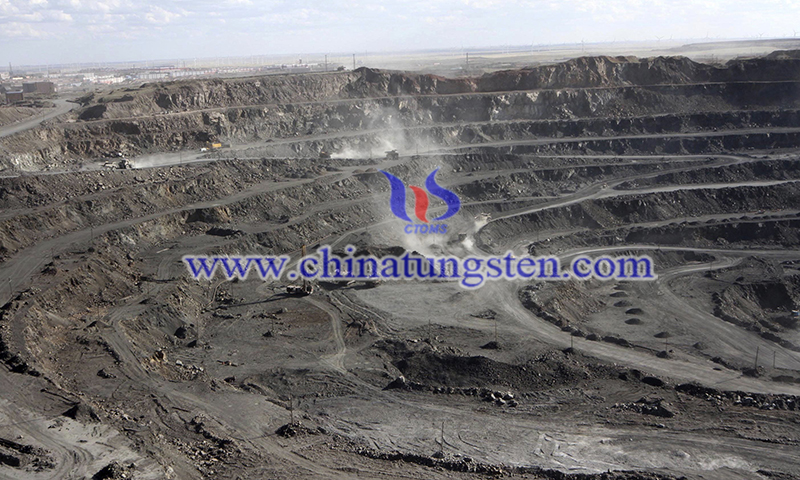Chinese Government Plans to Create Rare Earths Giant
- Details
- Category: Tungsten's News
- Published on Thursday, 04 November 2021 13:23
The Chinese government is to restructure three rare earths producers to create a state-owned company with a nearly 70 percent share of the domestic production quota for the metal, which is vital for making high-tech products. The move is aimed at accelerating the development of resource and processing technologies and strengthening Beijing's control over the mining industry in response to long-standing trade tensions with Washington.
By restructuring the country's major rare earth companies, the government is attempting to extend its control beyond production to the entire supply chain, including exports. The move comes as the US looks to join forces with Australia to create an alternative supply chain for rare earths.
The governments of China Minmetals Corporation (CMC), a major state-owned resources company, and Aluminum Corporation of China, a major state-owned non-ferrous metals company, and Ganzhou City, Jiangxi Province, a region known for its rare earth deposits, are "planning a strategic restructuring of their respective rare earth subsidiaries", according to CMC.

Peng Huagang, secretary-general of the State-owned Assets Supervision and Administration Commission, which oversees state-owned enterprises, said at a press conference this week that the government would "promote the restructuring of rare earth elements (REE) to create a world-class company".
Although the definition of "restructuring" is not clear, a full merger would give the new company a share of nearly 70 percent of China's production quota for medium and heavy REE, and nearly 40 percent of the overall REE, including light REE.
Medium and heavy REE, such as dysprosium and terbium, are considered essential for the production of high-performance magnets, which are used in motors and other components for electric vehicles and are also believed to be used in US military drones and missiles.
Chinese President Xi Jinping, who has long seen these metals as an important part of China's economy, said in 2019 that "rare earths are an important strategic resource". A draft law on REE was released in January and is being discussed at China's National People's Congress.
China accounts for 60 percent of the world's rare earth production, according to the US Geological Survey. According to Chinese media, the largest export destination is Japan (49% by value), followed by the United States (15%).
For the Xi Jinping leadership, REE can also be used as a diplomatic trump card; in 2010, when China protested against Japan's nationalization of the Senkaku Islands, Beijing halted exports of REE as a way of putting pressure on the Japanese. As a result, analysts have warned that new moves to restructure the rare earth industry could affect rare earth supplies to Japan and the US.
Demand for rare earths is expanding due to the global popularity of electric vehicles. Prices for dysprosium and terbium in China have increased by around 60% and 90%, respectively, compared to a year ago, due to political instability in Myanmar, another top rare earth producer. At the end of September, the Chinese government expanded its rare earth production quota for 2021 by 20% compared to the previous year.
- Rare Earth Manufacturer & Supplier, Chinatungsten Online: www.chinatungsten.com
- Tungsten News & Prices of China Tungsten Industry Association: www.ctia.com.cn
- Molybdenum News & Price: news.molybdenum.com.cn
- Tel.: 86 592 5129696; Fax: 86 592 5129797; Email: sales@chinatungsten.com



 sales@chinatungsten.com
sales@chinatungsten.com